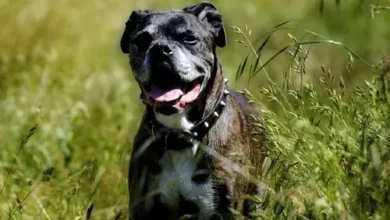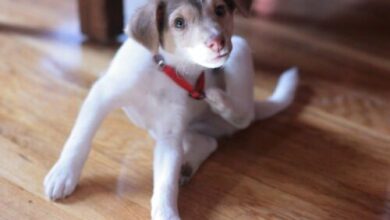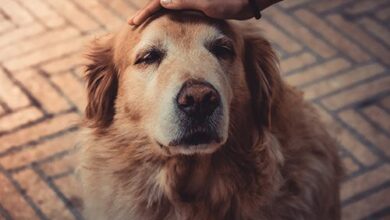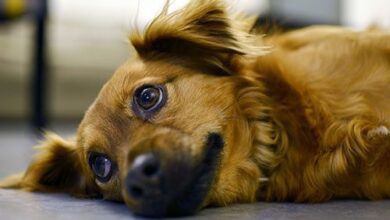Why Is My Dog Gaining Weight in winter?
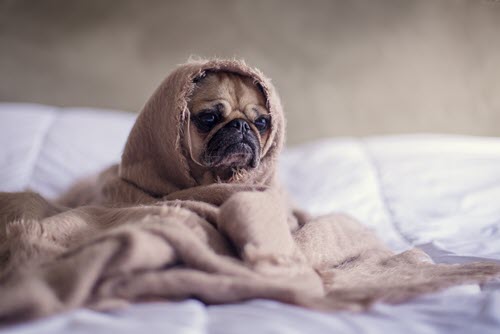

Weight gain in winter is explained by the fact that in summer, body cells don’t store (or very little) fat when exposed to the sun. To avoid weight gain in Dogs, calories burned must equal or exceed calories consumed. It’s as true for your pet as it is for humans as well.
Weight gain according to Scientific Research
A new scientific Research reveals that 57 percent of dogs get less exercise in cold weather when the temperature is cool enough to cause laziness in dogs. Pets, in general, feel sleepy even during the daytime. Owners don’t prefer going for a walk in the cold, then their dogs stay at home because the activity is lower on days with snow or rain.
Sixty percent of dog owners suffer from inactivity in winter, so they prefer staying at home with their dogs, maybe to watch TV or to take care of children. So, dog owners may take their pets for a walk for 1 hour less compared to summertime.
When it’s cold, the body needs more calories to maintain a constant, normal temperature and to withstand low temperatures. It is not uncommon for pets, like humans, to fight weight gain in the winter. If you’re worried about your pet gaining weight in the winter, here are five tips to help your pet.
Genetics can be, as well, the reason for your dog’s susceptibility to gain weight fast. Some dog breeds are more prone to gaining weight than others, such as Labrador retrievers, American cocker spaniels, basset hounds, Norwegian elkhounds, and Shetland sheepdogs…
What are the consequences of my dog’s obesity?
Obesity generates several direct symptoms, for example:
It promotes the appearance of diseases or increases health risks:
What should you do?
However, all the above information is only a relatively recent scientific discovery, and it remains to be determined exactly how many “doses” of light it takes and how intense it must be for the effect to be seen.
Weight gain occurs when the number of calories ingested exceeds the amount spent daily.
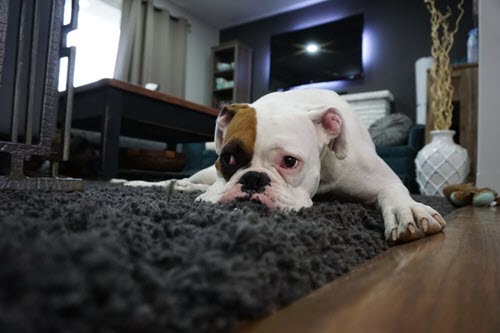

If it is too difficult to maintain regular physical activity during the coldest months, do not increase your daily ration. If your pet is less active, it is useless to give him more to eat in winter, because an extra intake of calories leads to inevitable weight gain.
In short, consider reducing calorie intake to compensate for reduced physical activity. Fewer treats with a small amount of croquettes and gradually reduced should cover the difference. Food toys are another good way to help your pet not gain weight, and above all do not give table scraps.
The establishment of a dietetic treatment to slim an animal is based on the precise collection of the management of the usual food: very often, cheap foods are bad qualities, too fat and too sweet and simply modifying the food is enough to make the animal lose weight.
Conclusion
Mathematically, it’s impossible to know how many calories a dog needs. However, an overweight dog absorbs too many calories concerning his actual needs. It can not be done in a strictly scientific way. It’s just a matter of better controlling what you do, going to “I give without counting”, or almost, to “I control”. Overweight and obesity pose serious health risks for your dog.
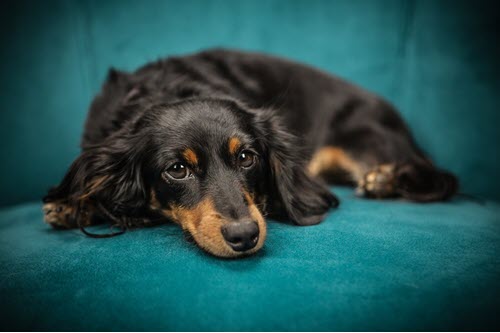

In the case of a dog going outside in cold weather, he must be given more energy to “burn” during the winter because his body must fight against the cold.
You must increase his ration by 10 to 20% depending on the weather conditions and the activity of the animal. For very active dogs, it would even be advisable to switch to a “performance” food if it is not already what he eats.
Some industrial foods are specifically formulated for weight loss. There are many. It is possible to conceive a household ration for weight loss as well. The choice of one or the other formula is discussed with your veterinarian, and the daily quantities are determined precisely; it is also possible to make mixed rations (housewives + croquettes).
To prevent your pet from gaining weight in winter:


